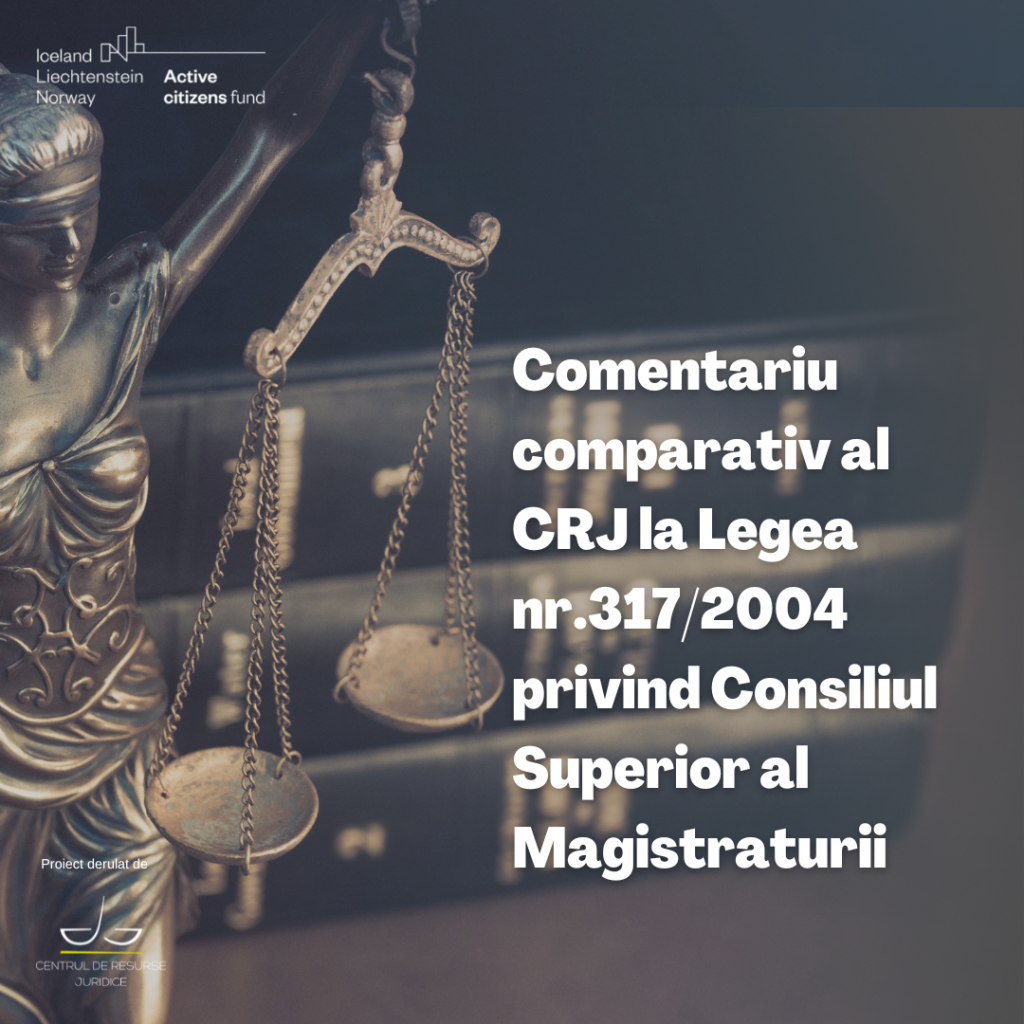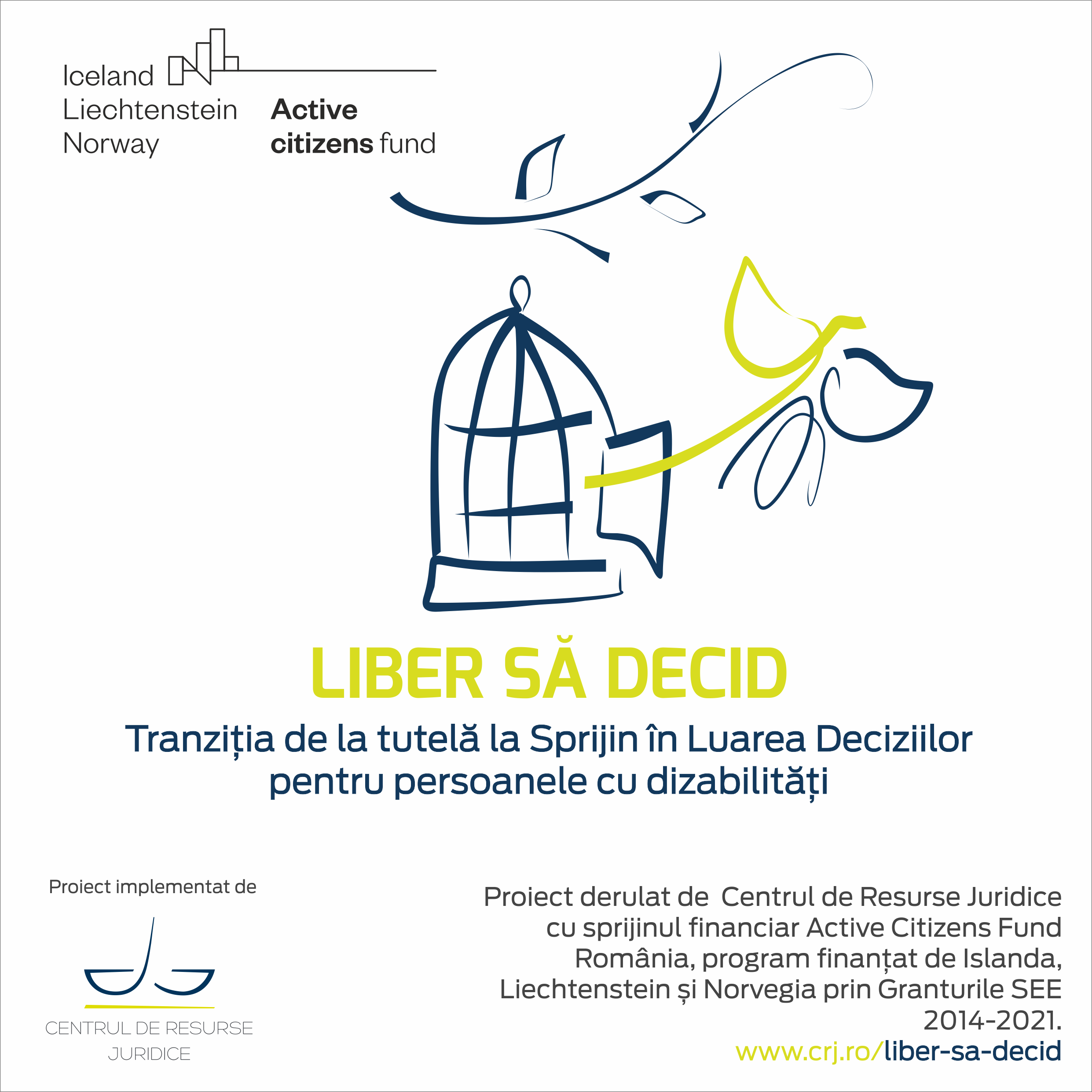The Center for Legal Resources provides to interested persons a commentary on Law no. 317/2004 on the Superior Council of Magistracy.
The format is spreadsheet. This is the only way to see the evolution or regression of the legislation from 2004 through the key moments of 2005, 2012, 2018 up to the current proposal. In this way, we hope you will be able to see more easily that, despite what various governments have publicly declared, the changes have often gone in the opposite direction. For example, the proposed draft retains, for the most part, the provisions of 2018 (harshly criticized at that time) and revives extremely harmful provisions from 2012.
Key points in the proposal to amend the Law no. 317/2004 on the Superior Council of Magistracy:
- decreasing the quorum for meetings from 15 members to a majority of members (10), if a quorum of 15 is not reached at a first meeting, this means that important decisions can be taken with a majority of 6 votes (Art. 28), which makes the whole work of the Council meaningless.
On the other hand, the members of the Superior Council of Magistracy have a permanent activity, therefore their job is to come to work and not to not come, i.e. to provide the constitutional functioning of the Council.
To the extent that the job description is deemed too difficult, the Center for Legal Resources proposes non-permanent activity for Superior Council of Magistracy members, with a de-bureaucratization of the institution (which means a wide-ranging reform of the system, which seems not to have been desired) and permanent activity only for the President and the Vice-President.
- The head remains the head – the members of the Superior Council of Magistracy who held a leading position at the time they joined the Superior Council of Magistracy (and, as a rule, are in the majority) have the right to reserve their position, i.e. to return to it at the end of their term of office, meaning after 6 years (Art. 24)
Those who exercise management functions in their place can only be delegates, i.e. temporary, which means less involved than the person who holds the post on the basis of a competition; the question that arises is whether the courts and prosecutors’ offices are to be managed or not.
- INCREASED POWERS of the President of the High Court of Cassation and Justice and the General Prosecutor in matters of disciplinary liability – they become again (like the 2012 draft initiated by the same minister) the holders of disciplinary action alongside the Judicial Inspectorate with very strong powers over the judicial inspectors, that is, the first dispose and the latter propose (Article 45)
Where does the information on potential disciplinary misconduct of judges and prosecutors to the 2 new holders come from? If it comes from the judicial authorities, their treatment will be different depending on whether the judicial authority is inspired to send it to the two ones or to the Judicial Inspectorate.
- The high-ranking prosecutors will be appointed as before, despite the declared war of the last 20 years, meaning at the proposal of the Minister of Justice with the (non-binding) endorsement of the prosecutors’ section)
To see all the comments, as well as the legislative developments from 2004 to the present, see the full document here.






